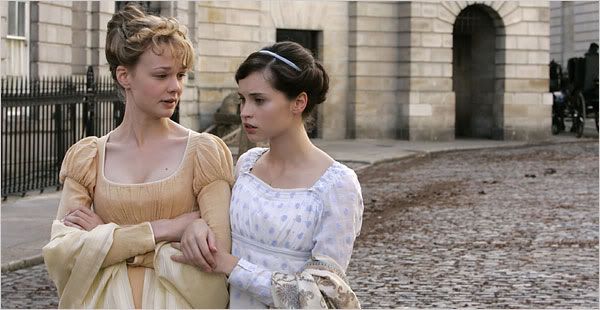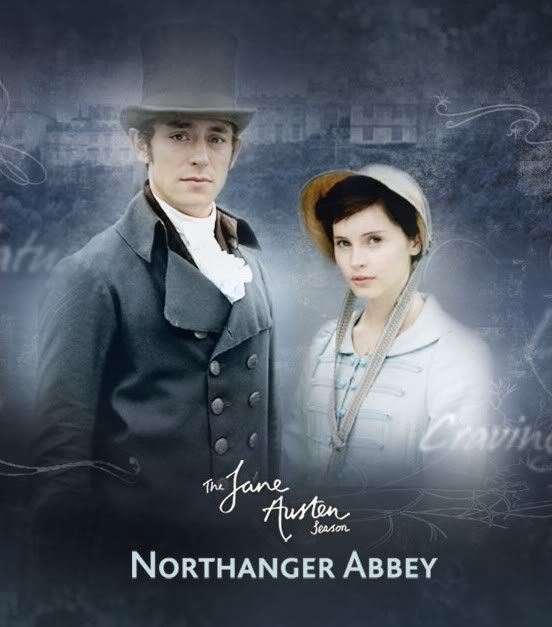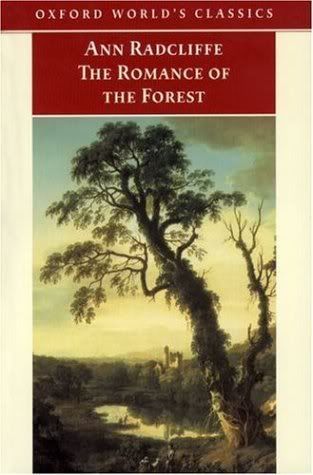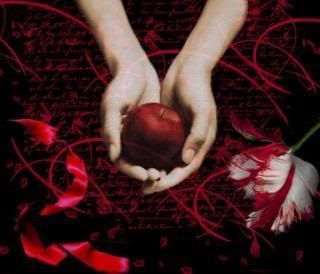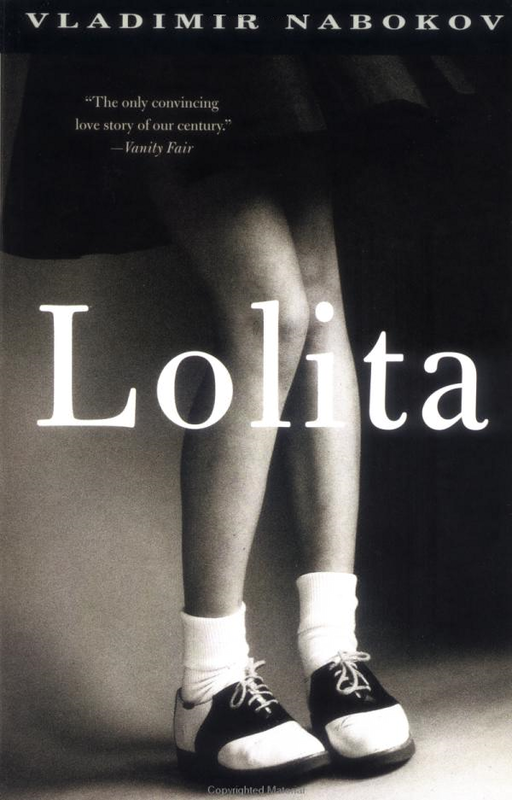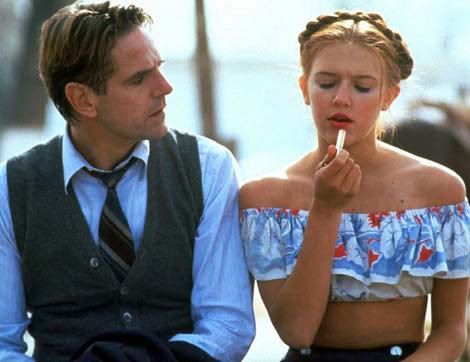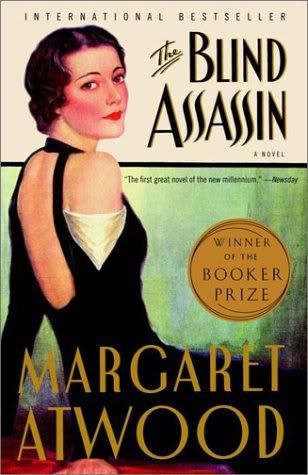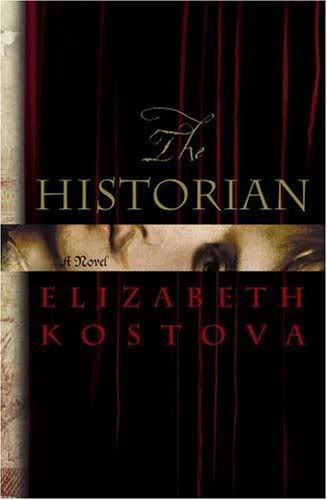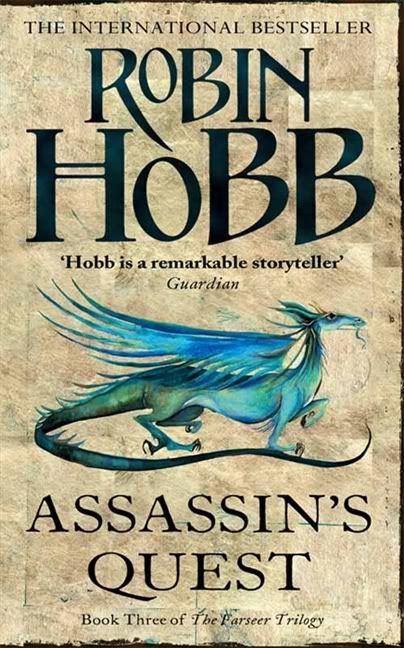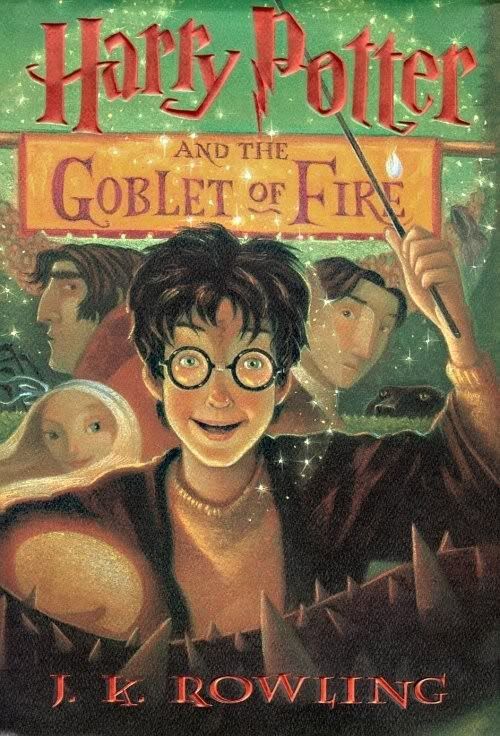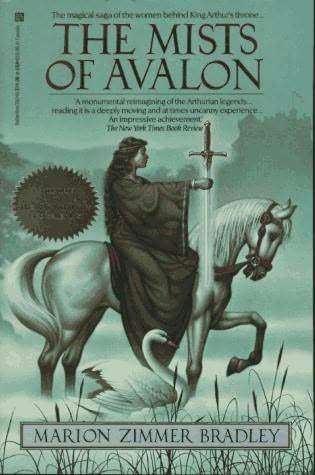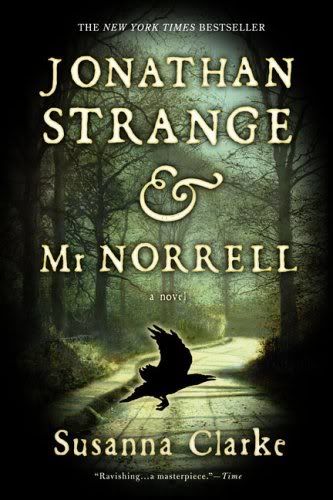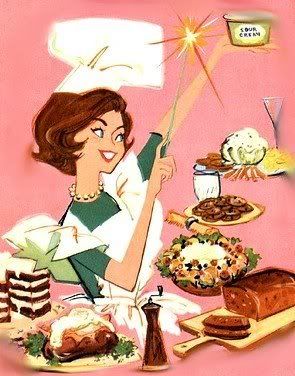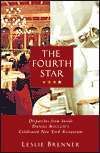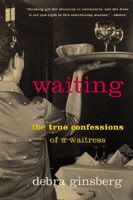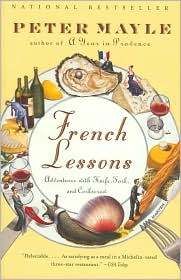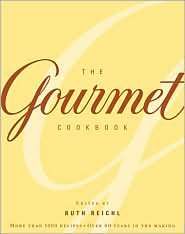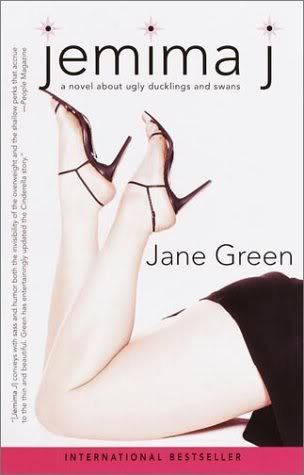
Hey readers! I have finally got around to a book review -- well, a rant/book review, in letter form, a la the Mercy review from a while back. Enjoy~
Dear Jane Green,
How could you? How could you write a book like Jemima J?
I have to assume that you are an intelligent woman, because, in general, writing is hard, and writing a novel is even harder. You have somehow managed to come up with an okay plot, some decent characters, and even played around a little bit with narration and perspective. You're also British, which, as we all know, makes you at least sound smarter than us kooky New-Worlders.
But you have obviously missed the memo on some very important facts of life, and I find myself in the awkward position of both wanting to kill you and wanting to take you aside and have a nice, deep heart-to-heart with you. Since I obviously can't, I will instead have to settle for writing you a cyber-letter, a letter which you will never read, but will make me feel infinitely better for having gotten my incredible anger off my chest.
So, Jane (can I call you Jane?), here are just a few of the things I feel you should know:
1) Not all fat girls are funny. I see why you would like to think so, Jane, and we would all like to think that everyone has one redeeming factor that could make someone fall in love with them, and for fat girls, it's easy to say that they have excellent personalities, or are sarcastically funny. In fact, it's almost realistic, because so often people who are insecure use sarcasm or other forms of humor as defense mechanisms.
I thought you were really, really close to getting to the 'some people are just mean' idea, as well as the 'just because someone's fat doesn't mean she's a good person deep inside' theory, when you introduced Jenny the surly PA. But as it turns out, Jenny is a delightful person, who also nabs the dream guy. Too bad, Jane. Too bad.
2) Not everyone would be striking if they just lost some weight. Guess what, Jane? I know you're beautiful (nice picture on the jacket, by the way), but here's a news flash: some people are just dogs. There are no two ways about it. There are plenty of skinny, ugly girls out there, plenty of average-sized ugly girls, and plenty of people who are just kind of middling. Paul the graphics dude drawing in some cheekbones on Jemima is not enough to convince me that she would, in fact, be a babe if she lost 90 pounds.
And shame on you for telling fat girls that if they would only exert a little effort, lose a little bit of weight, they'd be turning heads in Starbucks. That is so untrue, I can't even express to you how completely false it is. It's almost as outrageous as telling women that if they just lost a stone or two, they would finally get that promotion, those designer clothes -- which you also seem to think will actually happen, judging from your novel.
3) Not every girl gets the guy. Jane, have you ever heard of a spinster? That's right, that's a woman who never marries, usually because no one wanted to marry them. Sometimes they have a terrible past, like Miss Havisham, but more often than not they are just women who were left over when everyone else paired off. Just because some chick loses weight does not mean she is going to get the guy of her dreams, and it is just so wrong of you to suggest that someone should change everything about herself on the off chance that the guy of her dreams will fall in love with her.
For every Jemima, there is an average girl somewhere, pining after some gorgeous guy who will never notice she exists. Eventually, said average girl will settle, not for the hot young TV presenter, but for some balding 40-year-old man. Or maybe for an overweight World of Warcraft aficionado with Cheez Doodle stains on his t-shirt. But Jane, she will settle, or buy thirty cats and live alone in an apartment for the rest of her sad, lonely life. Those are her choices.
4) Not all almost-virgins are good in bed. Let's be real, Jane. There's a reason virgins are virgins. It's because either no one wants to have sex with them, or they're so freaked out about the possibility that they might blow it (not in that way) that they put off sex as long as possible. Or they're religious, but let's put that option aside for the moment. Either way, the first time one of these girls has sex is going to be an awkward, messy, possibly painful experience. It is not all doing the reverse cowgirl on some mind-blowing hottie, whom they will later shag on a desk, a fur rug, and in an elevator. Life is just not that fair.
5) The Perfect Guy isn't ever perfect. Now, Jane, I know what you are thinking. You are thinking that I'm totally wrong, because you have met your knight in shining armor (sorry, armour, to you) and he is wonderful and fantastic and everything you dreamed, which is why you dedicated your book to him. That's nice. But I don't believe it for one bloody second.
You have created this character, Ben Williams, and he is certainly delightful in every way. Ben is too delightful. Ben doesn't even have the flaws requisite in a Nora Roberts character. Ben never leaves his socks on the floor. Ben collects original vintage political cartoons. Ben drinks Becks from the bottle, wearing an impeccable suit and watching the news. Ben is adorably awkward, and actually utters the phrase: "Er, yes. Quite." Ben the deputy news editor is so hot every woman in London is absolutely gagging to be with him, yet he remains blissfully unaware of his hotness and is just waiting for the right girl.
But what is most important in our darling Benjamin's life? Becoming a BBC newsreader, and hanging out with the junior reporters on staff. Oh, and being incredibly sweet to the fat girl. Whom he will later shag, but only after she's turned into the babe of his dreams.
The above are just some basic things I think you should be aware of, dear Jane. You are a good writer -- hell, I stuck with you for 300 pages while you blithered on about Jemima's weight loss regime and how amazingly sweet Mr. Deputy News Editor is. I think it's cool that you played off of the little Brad/Jennifer thing -- I am assuming Brad Pitt and Jennifer Aniston were together when you wrote this? At any rate, even if it's just a coincidence, I enjoyed it.
And, to be fair, I enjoyed that Jemima lost the weight, I enjoyed that she got the guy, I enjoyed the makeover, and I enjoyed that she was happy with herself. What I didn't enjoy was the letdown when I closed the book -- the letdown as I realized that life wasn't actually like this, that no one loses 90 pounds in three months, that a guy like Ben Williams would never notice Jemima J, and that not every girl is a diamond in the rough.
So thanks for giving me four hours of escape to a world where anything is possible, but maybe next time you could get a tighter grip on reality and possibly write a book worth rereading.
Thanks,
Disgruntled Reader
PS: Americans get sarcasm fine, thanks. There's no need to be snarky about it.
PPS: Are you aware that your main concept is a lot like Jennifer Weiner's in Good in Bed? Just curious.
